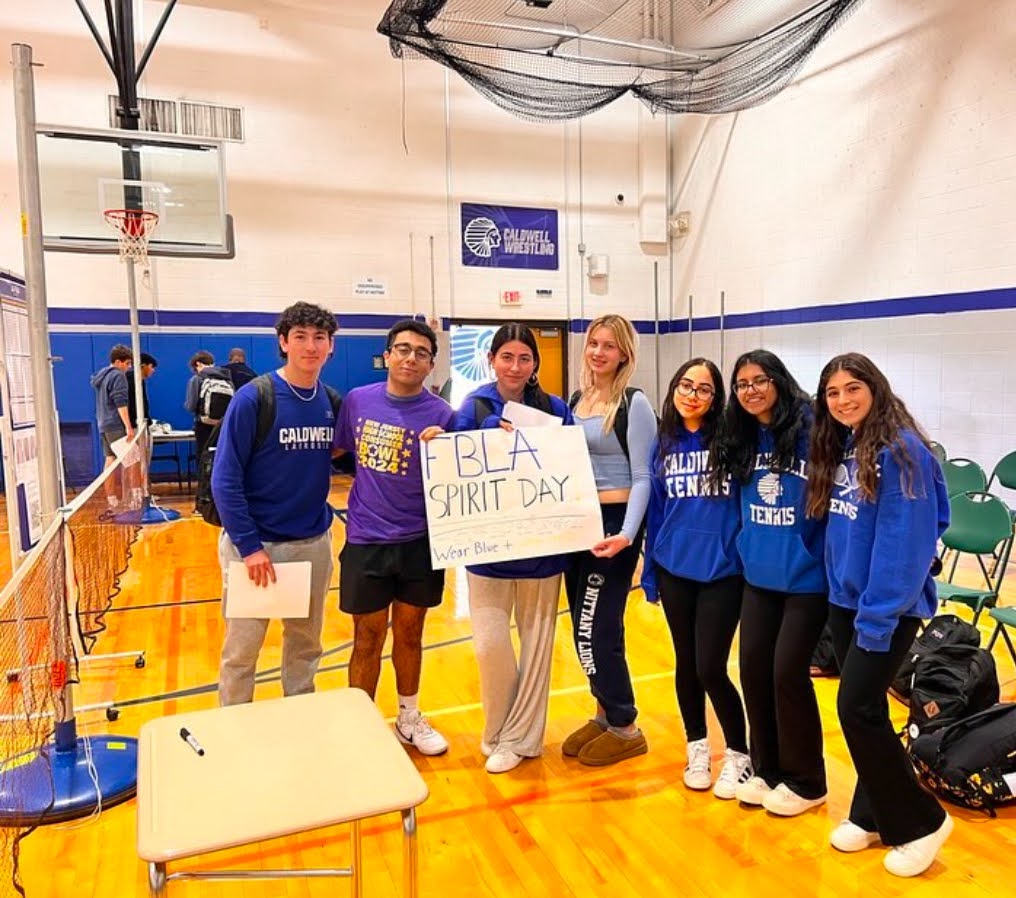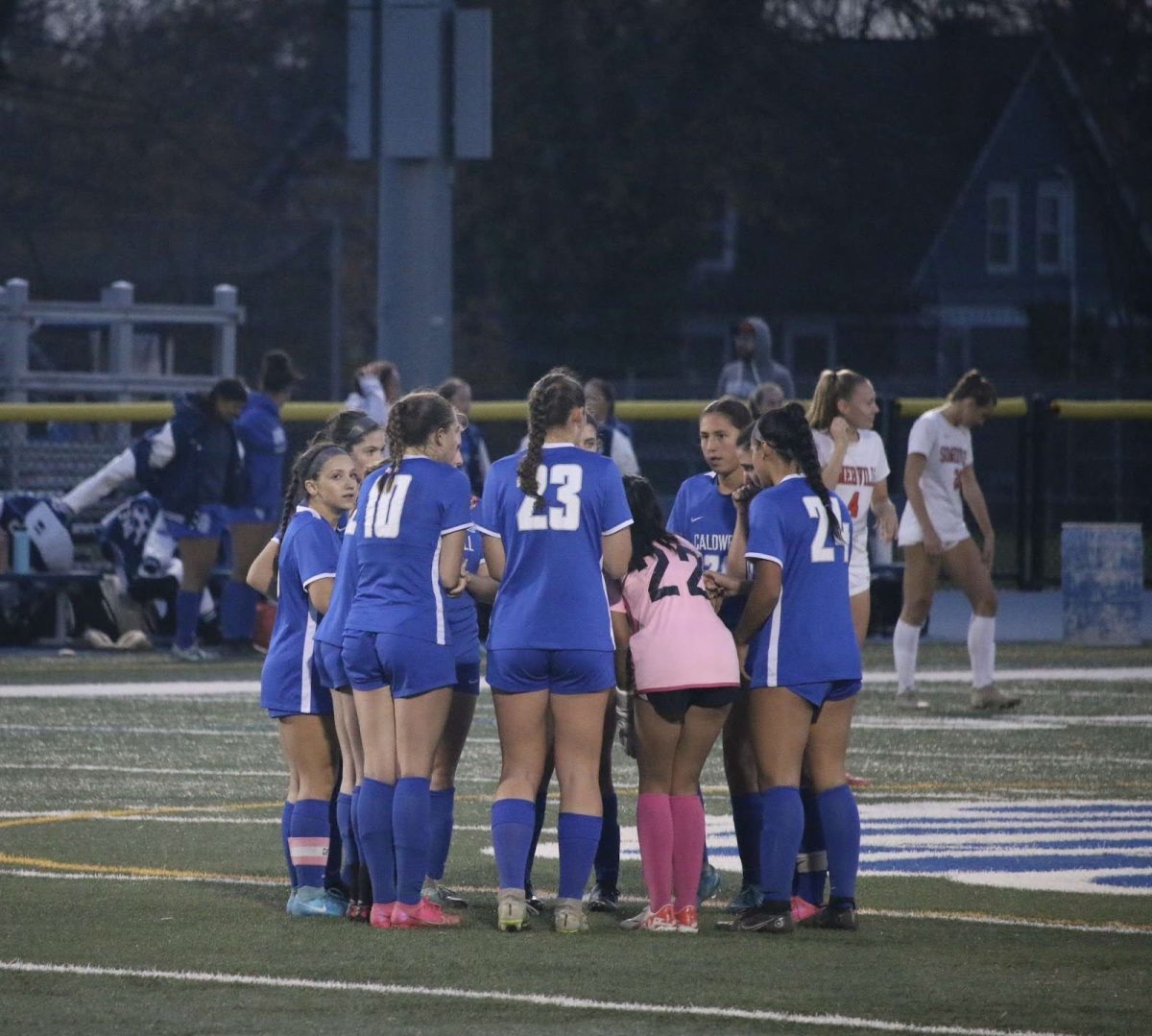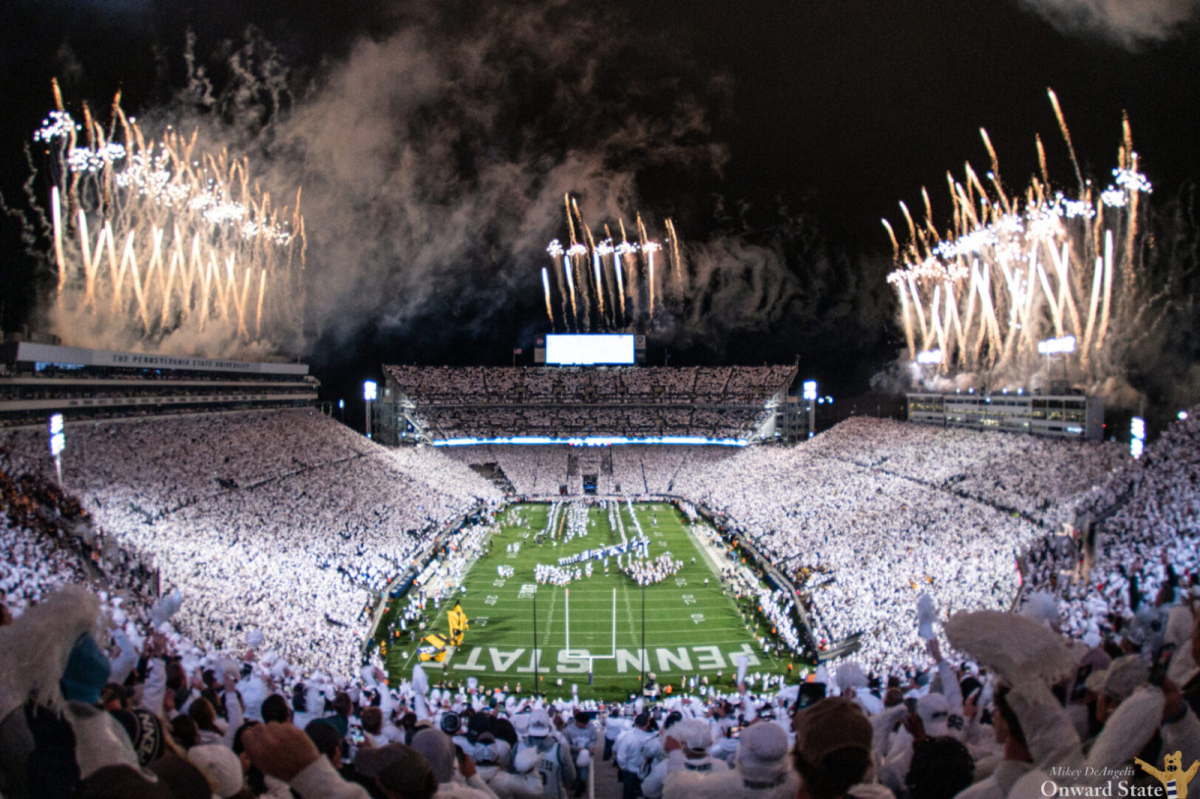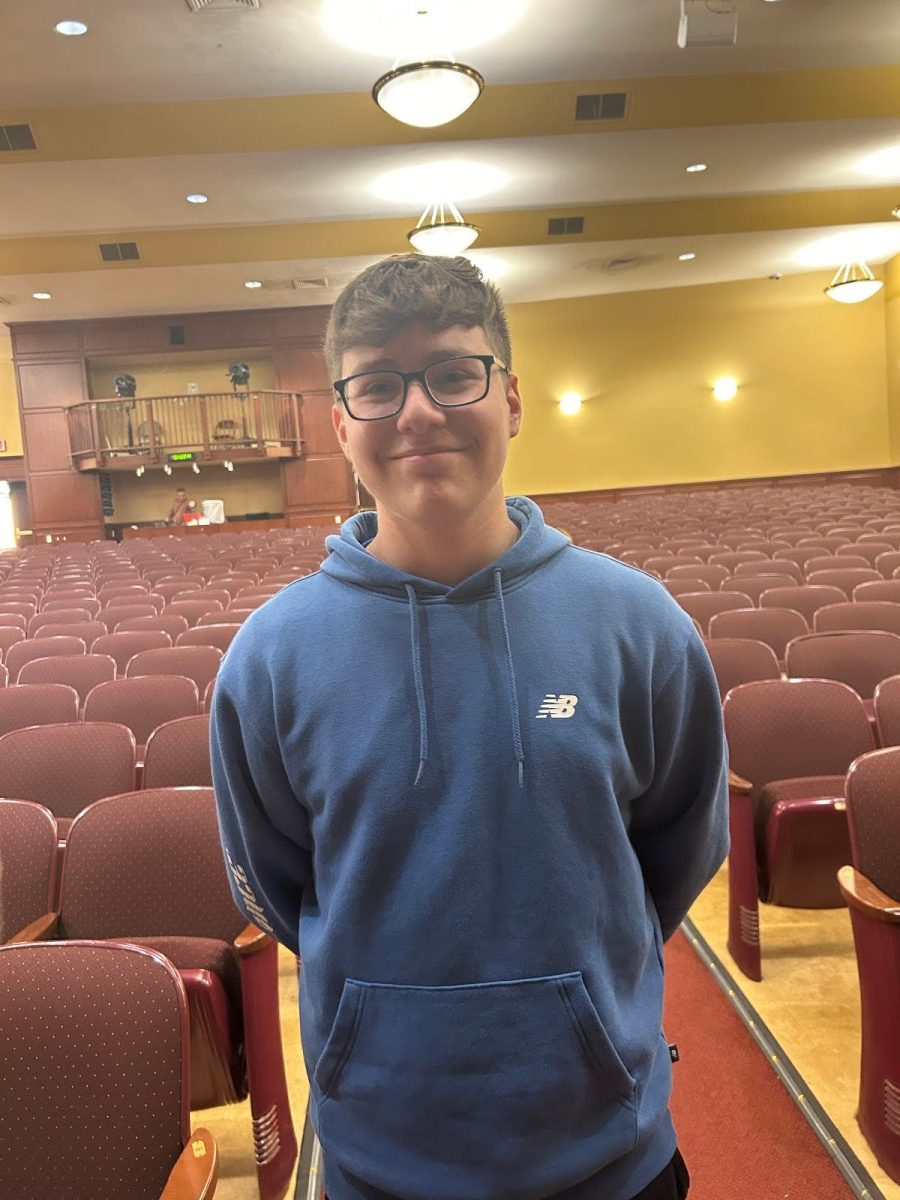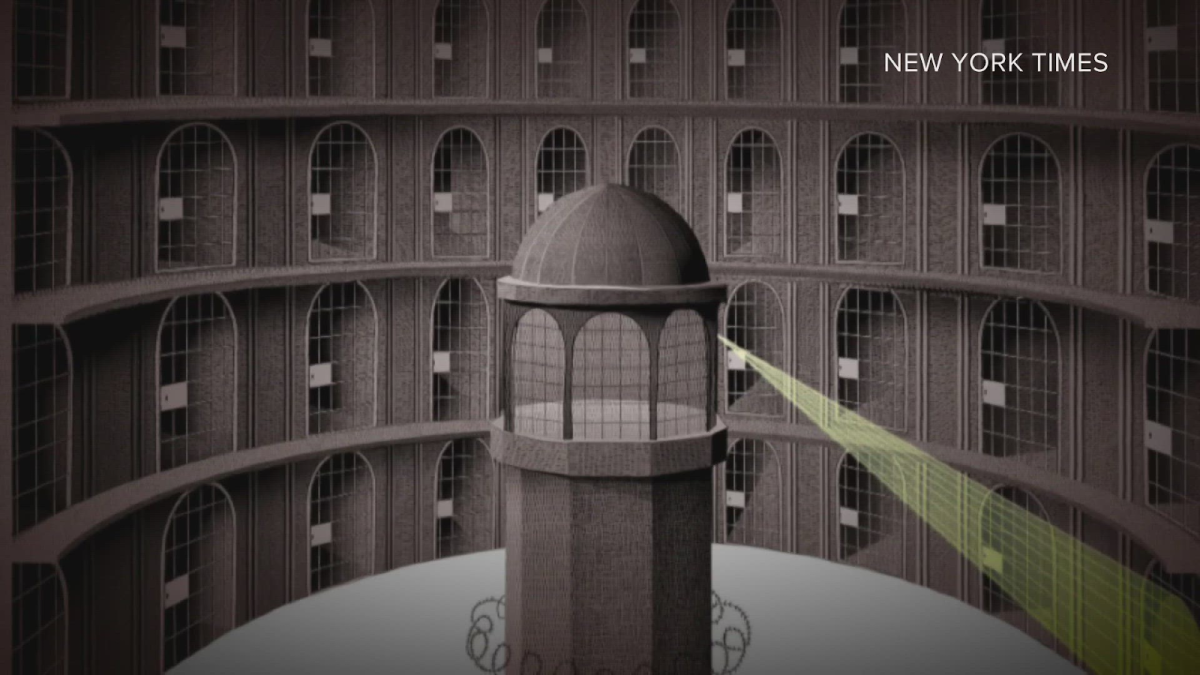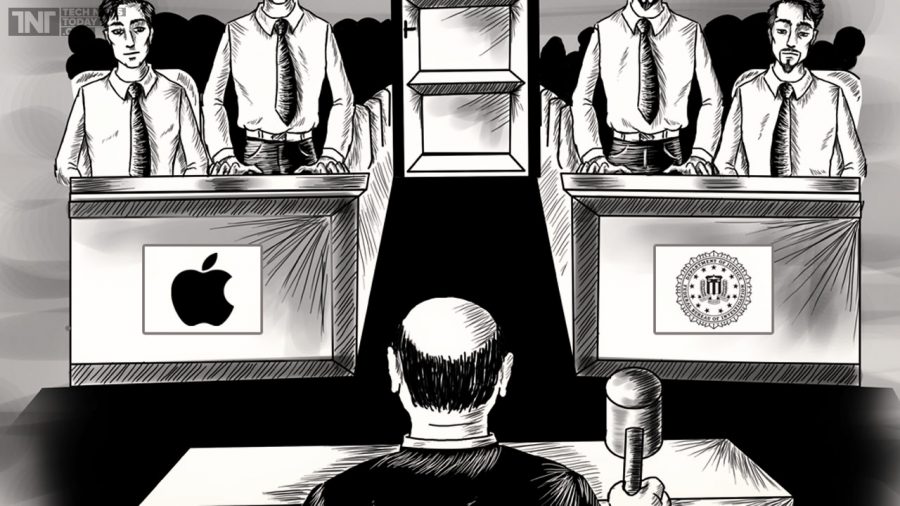By Brad Banaszynski
In this day and age, people’s entire lives are documented through their phones. Whether it is their entire schedule, passwords, or even contact information for people close to them, a majority of a person’s life can be found in their cell phone. While on a normal basis, this information is generally harmless and advantageous for the owner, in some cases it has the potential to put the lives of others in danger. This aspect of smartphones has sparked controversy between the FBI and Apple.
This dates back to the terrorist attack in San Bernardino, California when an American citizen who had pledged allegiance to ISIS open fired on an office building killing numerous people. On the scene, the FBI had recovered the cell phone of the attacker and

planned to use it to track the relationship between the man and ISIS, and to find other potential accomplices still in the United States. However, they were unable to break through the encrypted iPhone and decided to seek help from the tech-giant Apple.
Apple responded with an open-letter available to view on their website explaining the situation and how they have tried to be as helpful as possible with the FBI. However, they drew the line when the government agency put pressure on them to create a software program to effectively create a back door into the iPhone and allow them to access the entirety of the device. Apple CEO Tim Cook stated that, “We have done everything that is both within our power and within the law to help, but now the U.S. government has asked us for something we simply do not have, and something we consider too dangerous to create.” They have stayed true to this decision and are in the process of fighting the court order to break into the iPhone.
This situation is problematic, especially since this will most likely just be the dawn of issues regarding privacy versus national security in technology. It’s also a difficult place for Apple, having to protect their customer base, and therefore their own company, while at the same time trying to be as helpful as possible to prevent another terrorist attack. The outcome of this dispute will be crucial, given that the decision will set a precedent for similar future events.

